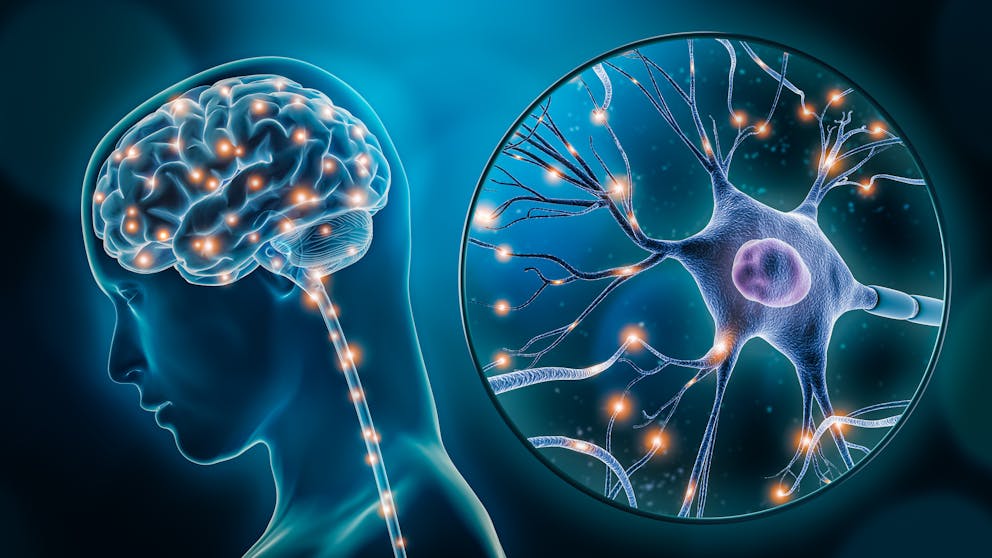Symptoms, conditions and causes
What is gluten ataxia?
Gluten ataxia primarily affects the cerebellum, the part of the brain responsible for coordination, balance, and fine motor skills. As a result, the most common symptoms of gluten ataxia are neurological in nature.
These symptoms may include:
Difficulty walking or maintaining balance
Poor coordination and clumsiness
Slurred speech or difficulty speaking
Tremors or involuntary movements
Trouble with fine motor skills, such as writing or buttoning clothes
It's important to note that these symptoms can develop gradually over time and may be subtle in the early stages of the condition.
Diagnostic Tools for Gluten Ataxia
Diagnosing gluten ataxia can be challenging, as the symptoms can overlap with other neurological conditions. However, several diagnostic tools can confirm the presence of gluten ataxia.
Blood tests are often the first step in diagnosing gluten ataxia. These tests look for specific antibodies that indicate an immune response to gluten, such as anti-gliadin antibodies and anti-tissue transglutaminase antibodies.
In addition to blood tests, imaging studies like magnetic resonance imaging (MRI) can help identify damage or atrophy in the cerebellum, which is a hallmark of gluten ataxia.

Effective Prevention Measures
Preventing the onset or worsening of gluten ataxia symptoms primarily involves adopting a strict gluten-free diet. This means eliminating all sources of gluten, including wheat, barley, rye, and their derivatives, from the diet.
It's also important to be aware of potential cross-contamination in restaurants and shared kitchen spaces, as even trace amounts of gluten can trigger an immune response.
In addition to dietary changes, lifestyle adjustments such as regular exercise and stress management techniques can help support overall brain health and potentially slow the progression of gluten ataxia.
However, it's crucial to remember that damage to the cerebellum caused by gluten ataxia is difficult to reverse. Symptoms of cerebellum damage may include focus and attention problems, brain fog, anxiety, depression, and cognitive decline.
Last updated: May 06, 2024 15:46 PM
